Fast food prices have surged during the Biden administration, rising faster than grocery and gas prices. This increase is hitting working-class Americans hard, impacting their daily lives.
With prices for fast food establishments up 31%, many are feeling the economic strain more acutely than ever.
The Impact on Working-Class Voters

Working-class voters, who were crucial to Biden’s 2020 victory, are now facing significant financial challenges. As fast food becomes less affordable, these voters are feeling the pinch.
This economic strain is leading to growing dissatisfaction and could influence their political views in the upcoming election.
Fast Food Price Hikes vs. Wage Gains
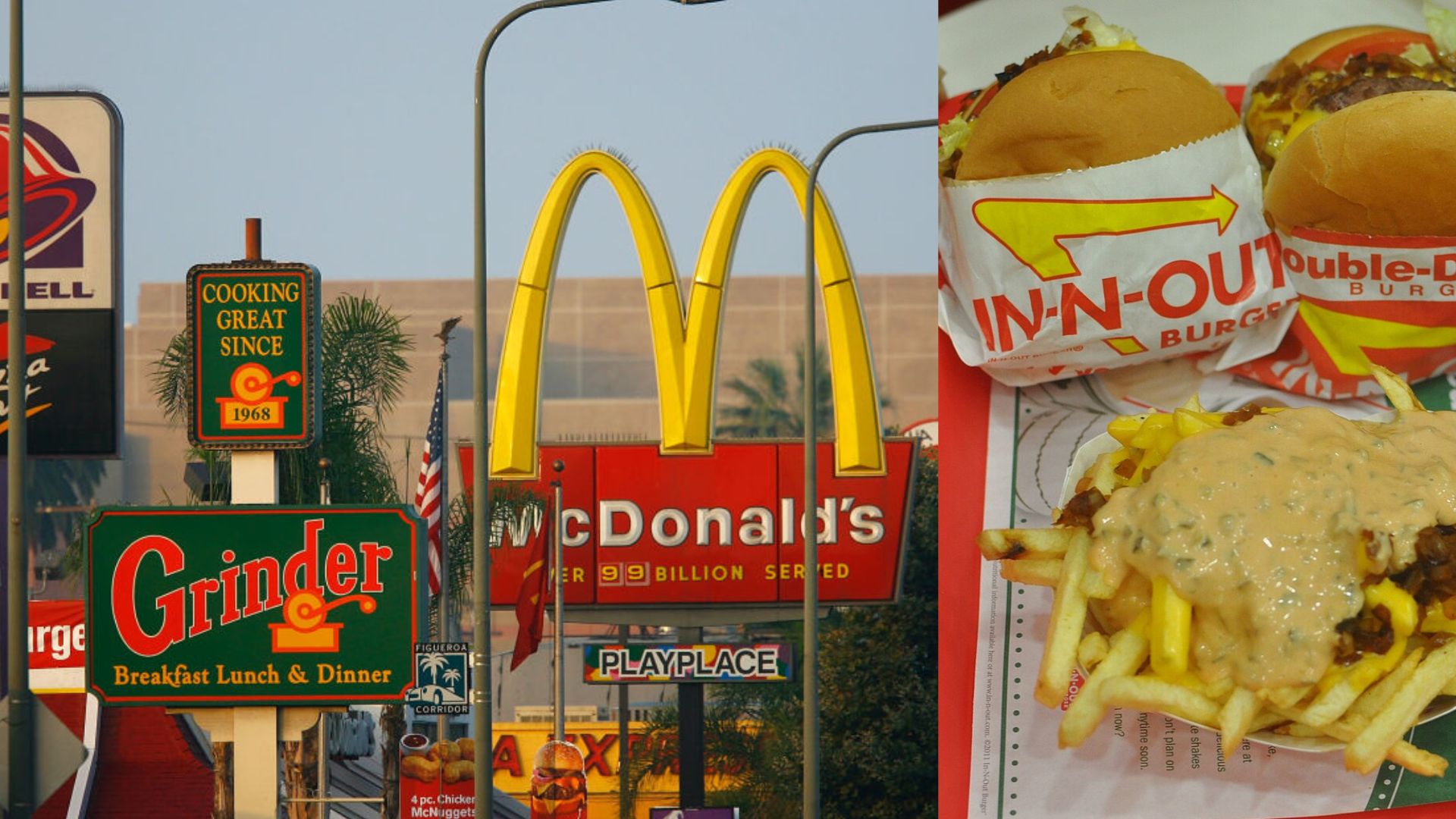
According to the Bureau of Labor Statistics, fast food prices have risen by 31% since before the pandemic.
In contrast, average hourly earnings have only increased by 25%. This gap means that wage gains are not keeping up with rising costs, leaving many workers struggling to make ends meet.
Federal Reserve’s Role in Rising Costs
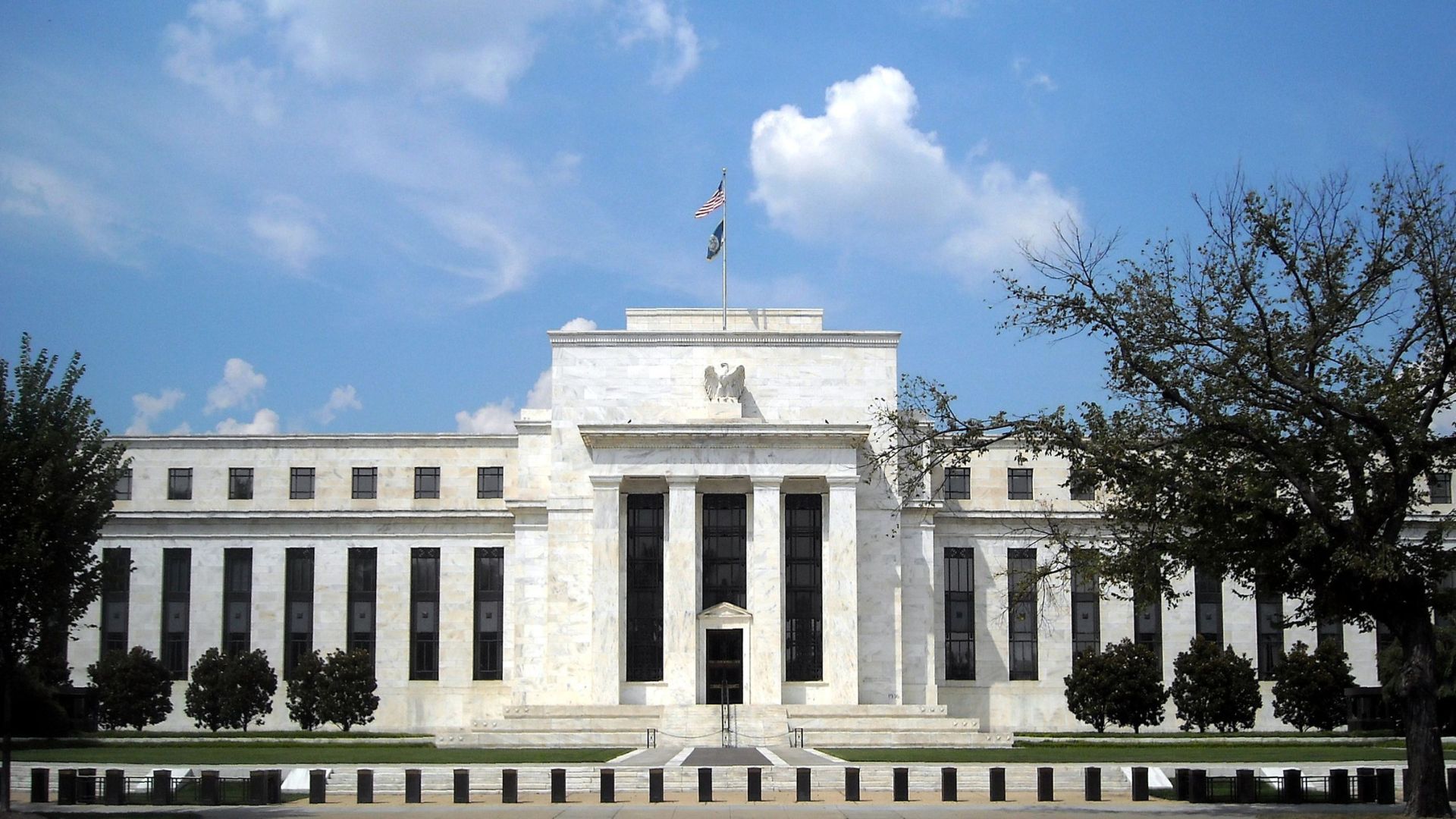
To combat inflation, the Federal Reserve has raised its key interest rate to 5.25%-5.5%.
This move has driven the average credit card APR to 22%, adding to the financial burden on lower-income Americans who often carry credit card balances. This increase in borrowing costs further exacerbates their economic challenges.
Perception of a Recession
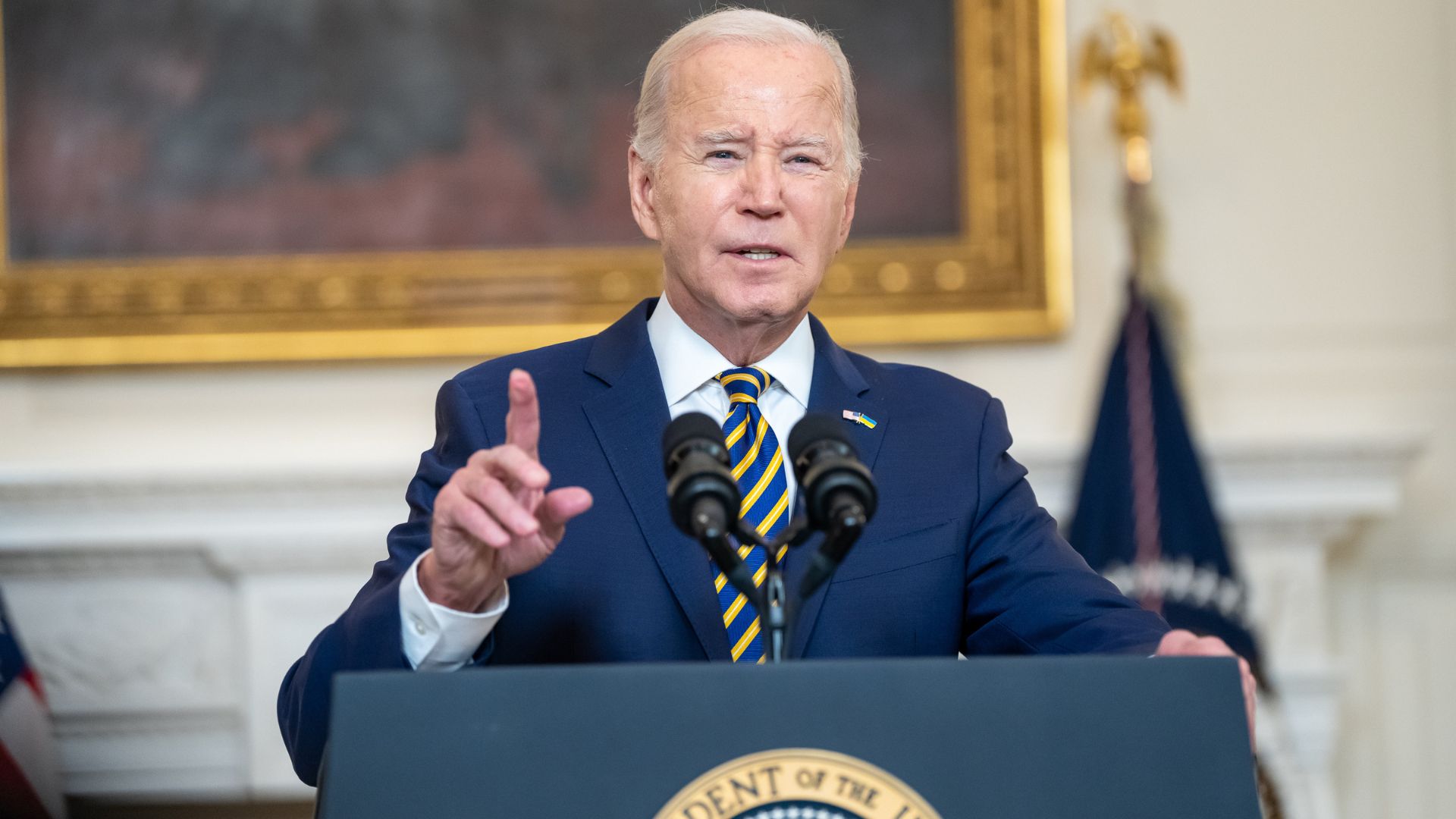
Despite the economy not officially being in a recession, nearly three in five Americans believe otherwise, according to a Harris poll for the Guardian.
This widespread belief is also driving voter dissatisfaction, as many feel the economic pain in their daily lives, influencing their political perspectives.
Disparity in Economic Impact

America’s economy is divided. Wealthier households benefit from low fixed-rate mortgages and a booming stock market, while poorer Americans struggle with rising costs and high interest rates.
This disparity in economic impact highlights the differing experiences of wealthier and lower-income Americans under the current administration.
Political Shifts Among Voters
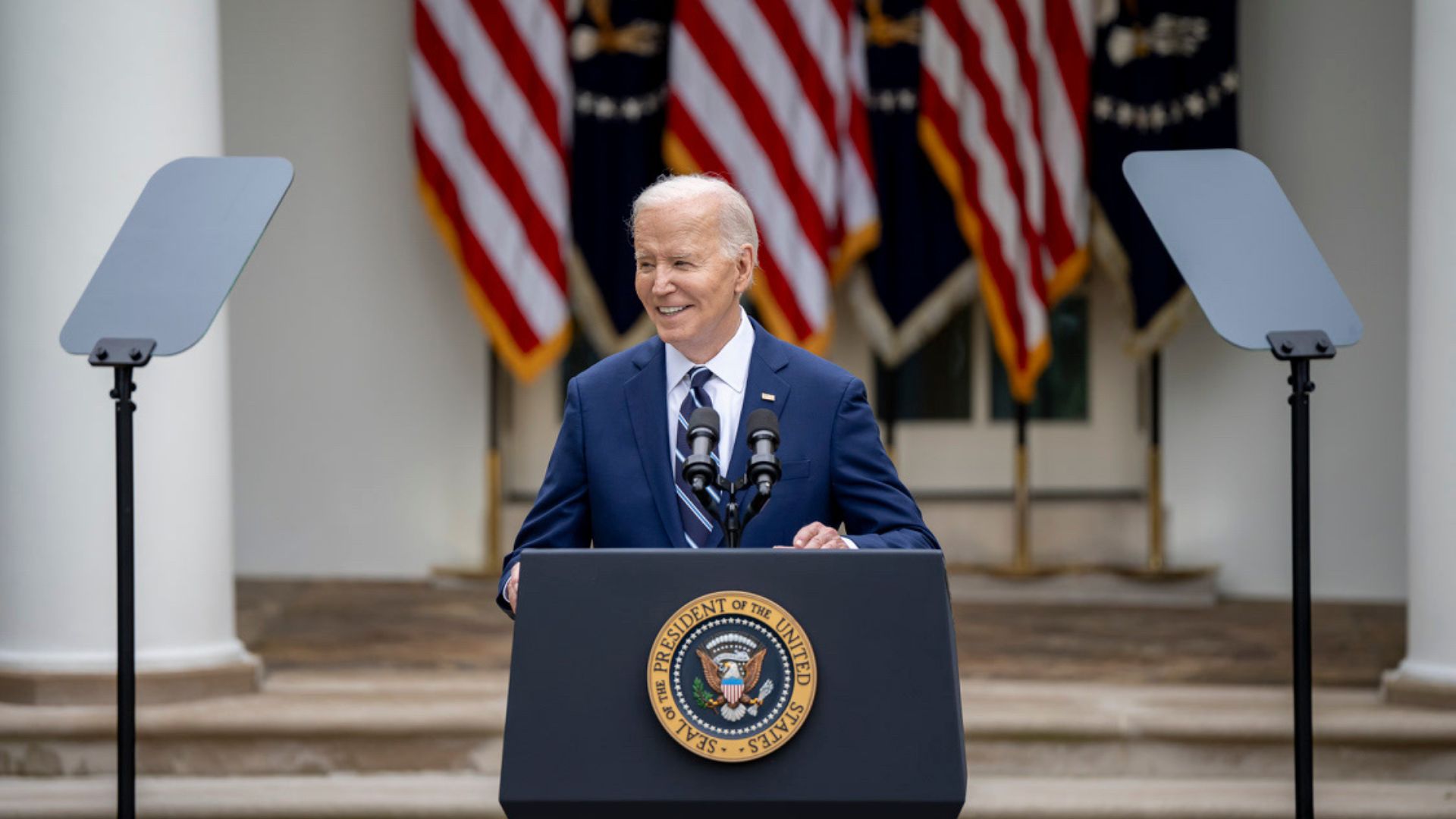
Economic dissatisfaction is causing shifts in voter preferences. While wealthier Americans lean towards Biden, working-class voters are increasingly moving towards Trump.
This shift reflects their economic frustrations and the impact of rising costs on their daily lives, which could significantly influence the upcoming election.
Wage Growth and Inflation

Economists are divided on real wage growth under Biden. Some tools show Americans earning less in real terms since the end of 2020.
However, a Congressional Budget Office study indicates that overall, Americans spend a smaller share of their income on the same bundle of goods, suggesting mixed economic outcomes.
White House Response
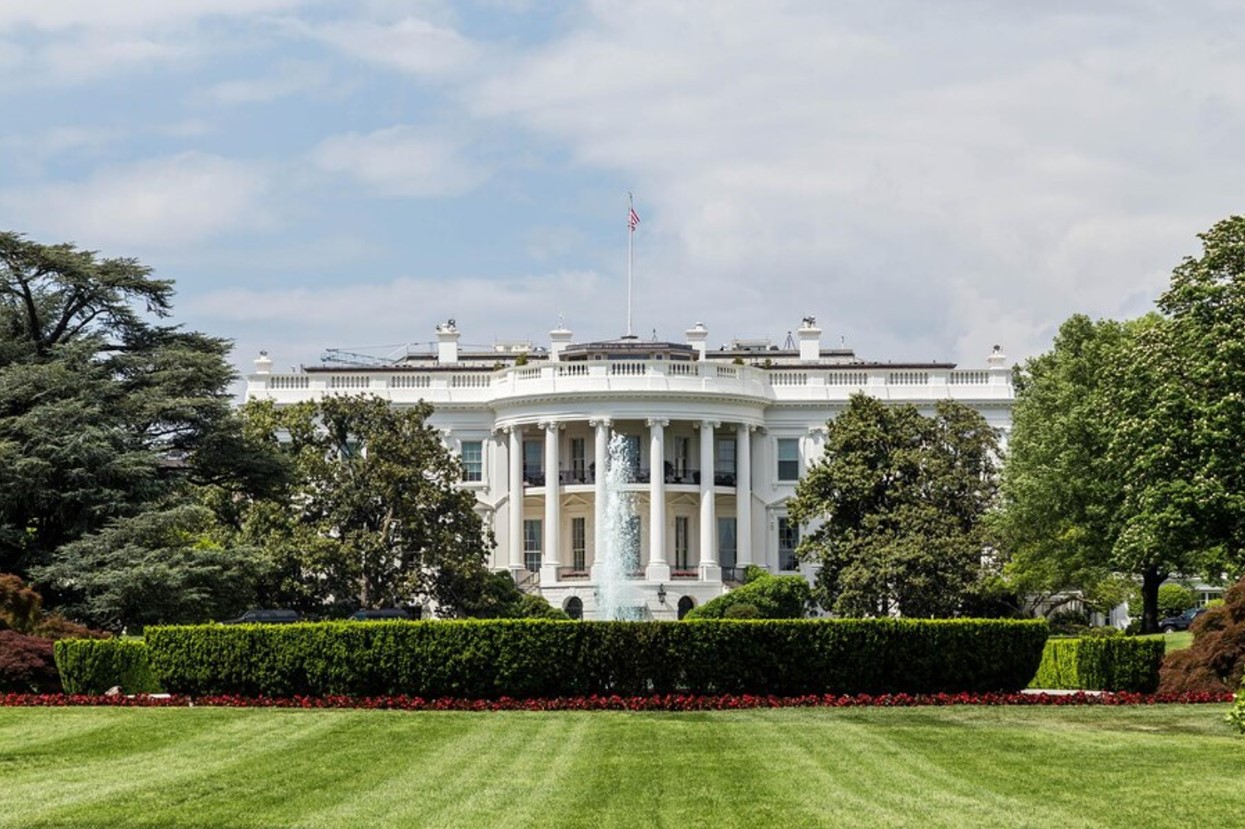
White House Spokesperson Jeremy M. Edwards emphasized Biden’s commitment to fighting inflation, citing record job growth and new factory construction as steps towards improving the economic situation for all Americans.
These efforts aim to address the financial struggles faced by working-class families.
Expert Opinions on Economic Outlook

Ernie Tedeschi from the Yale Budget Lab notes that wage growth has outpaced inflation for over a year. However, he acknowledges that it will take more time for consumer attitudes to improve regarding prices.
This indicates that while progress is being made, more work is needed to alleviate economic concerns.
Voter Sentiment Ahead of the Election

With only five more months until the election, economic concerns are at the forefront of voter minds. Both parties are vying for the support of working-class voters, who feel the pinch of soaring fast food prices and high interest rates.
Addressing these economic challenges will be crucial for winning their support.
Economic Discontent and Political Implications

The rising cost of fast food is more than just a financial issue; it’s a sign of broader voter discontent with Biden’s handling of the economy.
Addressing these economic challenges will be crucial for winning over working-class voters in the upcoming election, as their dissatisfaction could have significant political implications.
